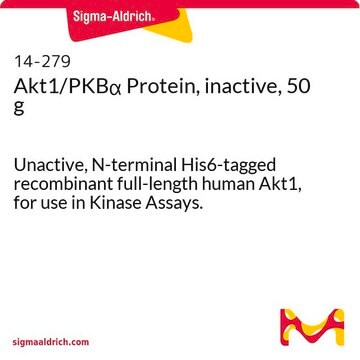M7027
Methyl cellulose
viscosity: 15 cP, BioReagent, suitable for cell culture
About This Item
Recommended Products
biological source
synthetic (organic)
Quality Level
product line
BioReagent
form
powder
technique(s)
cell culture | mammalian: suitable
viscosity
12-18 cP, 2 % in H2O(20 °C)
solubility
water: 50 mg/mL, clear to hazy
SMILES string
[*]OC[C@H]1O[C@@H](O[C@@H]2[C@@H](CO[*])O[C@@H](O[*])[C@H](O[*])[C@H]2O[*])[C@H](O[*])[C@@H](O[*])[C@@H]1O[*]
InChI key
YLGXILFCIXHCMC-JHGZEJCSSA-N
Looking for similar products? Visit Product Comparison Guide
General description
Application
- as a vehicle for metformin drug during oral gavage
- as a component of mammary epithelial cell growth medium for mammosphere culture
- as a supplement in spheroid 3D co-cultures for spheroid invasion assays using hanging drop protocol
Biochem/physiol Actions
Storage Class Code
11 - Combustible Solids
WGK
WGK 1
Flash Point(F)
Not applicable
Flash Point(C)
Not applicable
Personal Protective Equipment
Certificates of Analysis (COA)
Search for Certificates of Analysis (COA) by entering the products Lot/Batch Number. Lot and Batch Numbers can be found on a product’s label following the words ‘Lot’ or ‘Batch’.
Already Own This Product?
Find documentation for the products that you have recently purchased in the Document Library.
Customers Also Viewed
Protocols
Hematopoietic stem cell culture protocols for isolation, expansion, and differentiation of CD34+ cells including CFU assays.
Our team of scientists has experience in all areas of research including Life Science, Material Science, Chemical Synthesis, Chromatography, Analytical and many others.
Contact Technical Service






